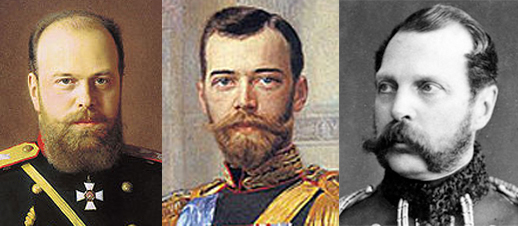The Romanov Tercentenary: nostalgia versus history on the eve of the Great War
Historian article

The spring of 2013 was unusually significant for devotees of the Romanov dynasty. Though there was little international recognition of the fact, the season marked the 400th anniversary of the accession of Russia's first Romanov tsar. Historically, the story was a most dramatic one, for Mikhail Fedorovich had not seized Russia's crown in battle, nor had he merely inherited it. Instead, the 16-year-old had been elected, at the end of a decade of civil war, by an assembly of Russian citizens. The delegation that travelled from Moscow to the Volga town of Kostroma to invite him to rule had found their hero less than eager to accept the throne, but his subsequent coronation marked the end of an era that Russians still think of as their archetypal Time of Troubles.
The twenty-first-century Romanovs have an official website, and in 2013 this declared Mikhail Fedorovich's election to have been ‘a great deed by Russia's long-suffering people,' placing emphasis on the collective genius of the nation itself.1 In the same tone, Grand Princess Maria Vladimirovna, the self-styled head of the imperial house, appealed to Russia's faithful to remember martyred rulers of more recent times by giving money to the poor. Plans to renovate a string of tsarist-era monuments were hastily approved. The celebrations also gave a welcome boost to tourism in Kostroma and several other Volga towns around what Russians call the Golden Ring...
This resource is FREE for Secondary HA Members.
Non HA Members can get instant access for £2.50

